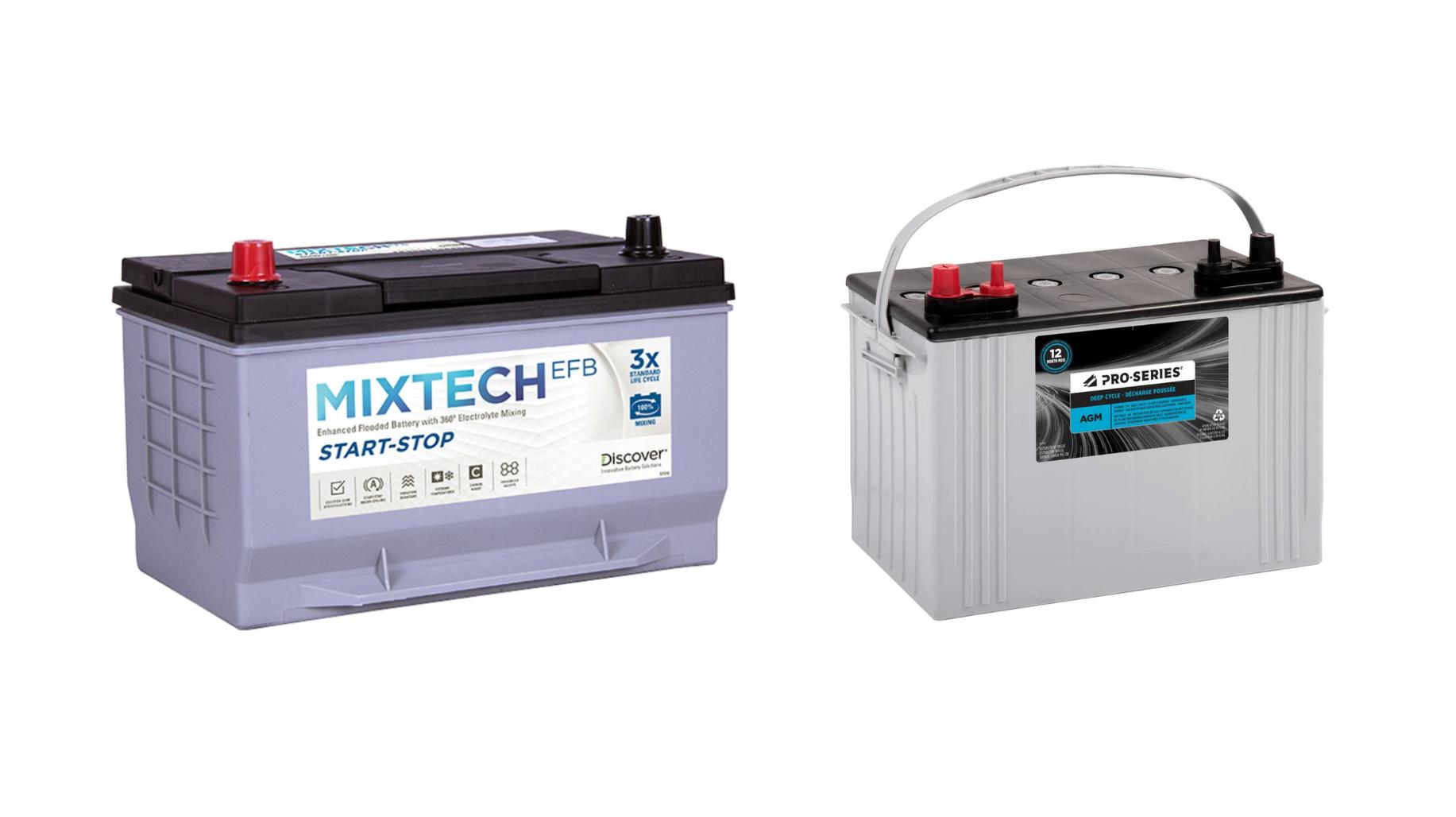For boat owners, the reliability of their electrical systems is paramount. The choice between AGM and flooded batteries often comes with its own set of challenges, especially when faced with the necessity to mix types due to availability or other constraints. This article delves into the intricacies of battery compatibility and provides a detailed guide for those in such predicaments.
Understanding the Differences: AGM vs. Flooded Batteries
AGM Batteries:
- Absorbent Glass Mat Technology: AGM batteries utilize a glass mat to hold the electrolyte, offering a ‘maintenance-free’ operation.
- Vibration Resistance: Ideal for boats due to their ability to withstand movement without spillage.
- Longer Lifespan: Generally, they have a longer service life compared to flooded batteries.
Flooded Batteries:
Wholesale lithium golf cart batteries with 10-year life? Check here.
- Lead-Acid Chemistry: Traditional flooded batteries require regular maintenance, including water level checks and electrolyte adjustments.
- Cost-Effective: Often less expensive upfront, but may entail higher long-term costs due to maintenance.
- High Discharge Rates: Capable of delivering high currents, suitable for starting engines.
The Risks of Mixing Battery Types
When AGM batteries are replaced with flooded types, several issues may arise:
- Overcharging Concerns: Flooded batteries may not have the same charge regulation as AGM, leading to overcharging and reduced lifespan.
- Voltage Mismatch: Differences in voltage regulation can affect the performance of sensitive electronics.
Expert Guidance: Managing the Transition
Jeff, a seasoned marine technician, advises the following when faced with the need to replace an AGM with a flooded battery:
Want OEM lithium forklift batteries at wholesale prices? Check here.
- Choose the Right Flooded Battery: Opt for a starter battery with vent caps to facilitate electrolyte management.
- Smart Battery Management: Ensure your boat’s electrical system includes a smart battery management system to monitor and regulate charging.
Smart Battery Management Systems: The Modern Solution
Role of Smart BMS:
- Charge Regulation: Automatically adjusts the charging process to prevent overcharging.
- Health Monitoring: Continuously assesses the health of the batteries, predicting potential issues before they arise.
Top-Tier Products for Enhanced Battery Management
BLUE SEA 8110 Mini Clamp Multimeter – AC/DC:
- Compact and versatile, this multimeter is indispensable for monitoring battery health and system performance.
Victron Lithium Superpack Batteries:
- Offering various capacities, these lithium batteries provide a high-energy solution for modern marine electrical needs.
Victron Lithium-Iron-Phosphate Batteries:
- Known for their safety and longevity, these batteries are an excellent choice for long-term reliability.
Victron Lynx Smart BMS 500:
- A state-of-the-art battery management system that ensures optimal battery performance and safety.
Advanced Battery Management Techniques
Battery Charge Cycles:
- Understanding the nuances of how batteries charge and discharge is crucial for maintaining their health.
Battery Bank Expansion:
- Strategies for increasing your boat’s battery capacity without compromising system integrity.
Marine Electrical Seminars:
- Engage with expert-led seminars to stay updated on the latest in marine electrical systems and battery management.
Conclusion: Navigating the Complexities of Battery Compatibility
While mixing AGM and flooded batteries is not without its challenges, with the right knowledge and tools, boat owners can effectively manage their electrical systems. Investing in smart battery management and choosing the appropriate battery types can mitigate risks and ensure the longevity and reliability of your boat’s power source.






